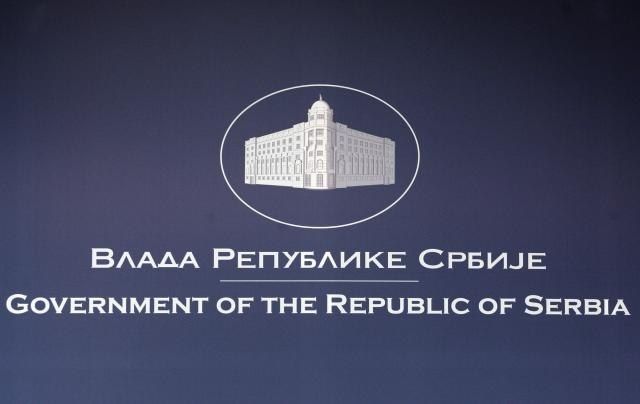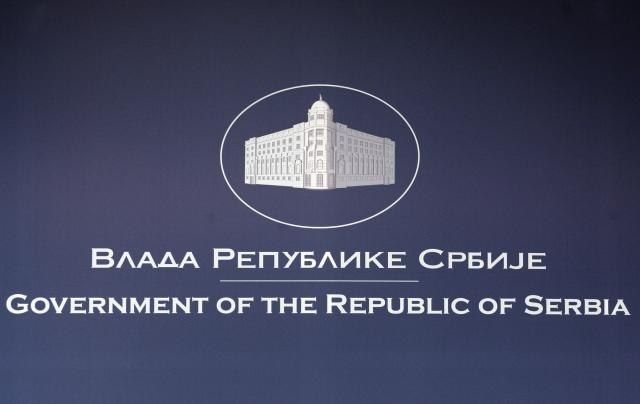The Serbian government adopted today the amended Regulation on the coefficients for the calculation and payment of salaries of employees in public services, which proposes the increase of the coefficients established for the calculation and payment of salaries of employees in education - primary and secondary schools, preschool institutions, as well as employees in student residencies.
Amendments to Regulation on coefficients for calculation of salaries of public service employees adopted
This increase applies to the employees whose calculated basic salary is lower than the amount of the minimum wage determined for the territory of Serbia. An increase in the coefficients for the calculation and payment of salaries for certain positions is proposed so that, together with the effects of the planned 5.5 percent increase of the base for employees in education, in accordance with the budget regulations, an increase in the salaries of these employees above the amount of the minimum wage could be ensured.
Amendments to the Regulation also propose a change in the basis for increasing the coefficient for the part of employees in the professional services of the Republic Health Insurance Fund, taking into account the changes in the competences of that fund.
Government members also adopted the Bill on Amendments to the Law on the National DNA Database, which eliminates perceived shortcomings in the implementation of the Law and fulfils the obligations of the Republic of Serbia from the judgment of the European Court of Human Rights in the case "Jovanovic v. Serbia".
The key changes concern the specification of the DNA profile databases in the register, i.e. their collections, which will ensure better systematics and transparency of the national DNA database and adequate classification of data according to the categories of persons in criminal proceedings (suspects, accused, convicted and injured parties), which represents additional harmonisation with regulations governing the protection of personal data.
Also, the amended solutions specify the purpose of data processing in the national DNA database and the deadlines for data storage, which enables the realisation of the rights to privacy and protection of personal data guaranteed by the Constitution.
A new database of DNA profiles, which were determined in the procedures for establishing the facts about the status of newborn children (with three collections), suspected of having disappeared from maternity hospitals or health institutions in the country, is also being formed.
Such a database is formed due to the obligations arising from the Law on establishing the facts about the status of newborn children who are suspected of having disappeared from the maternity hospitals in the Republic of Serbia, in order to fulfil the obligation of our country from the judgment of the European Court of Human Rights in the case "Jovanovic v. Serbia ".
The amendments to the Law also create two new collections of DNA profiles that refer to the DNA profiles of persons determined in procedures for the prevention and protection of threats to national and public security ("potential terrorists") in the context of the fight against terrorism, and introduce the obligation of accreditation for DNA laboratories that provide expert assessment in criminal proceedings by order of the court, in accordance with the appropriate international standard and within five years from the date of entry into force of this law.
Accreditation of these laboratories would contribute to greater precision, that is, the accuracy of data used as evidence in criminal proceedings and entered into the national DNA database.
At the same time, the accreditation of DNA laboratories is in accordance with the recommendations of European experts and the European Network of Forensic Science Institutes - ENFSI.



















